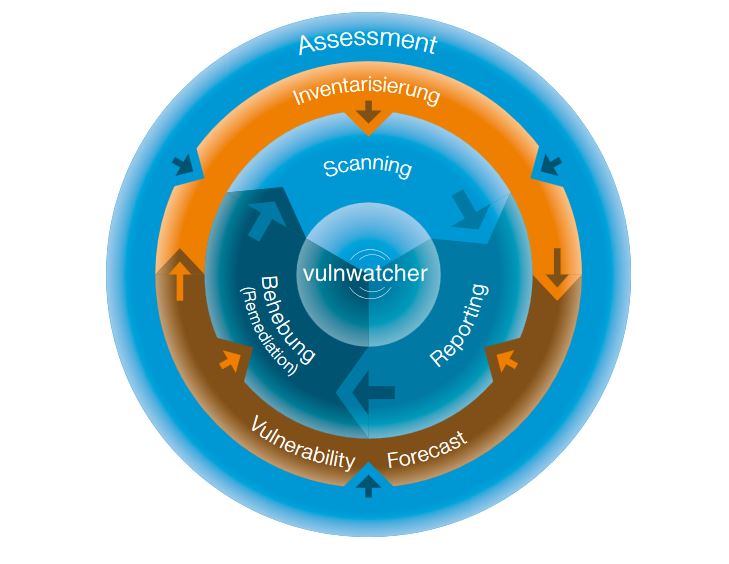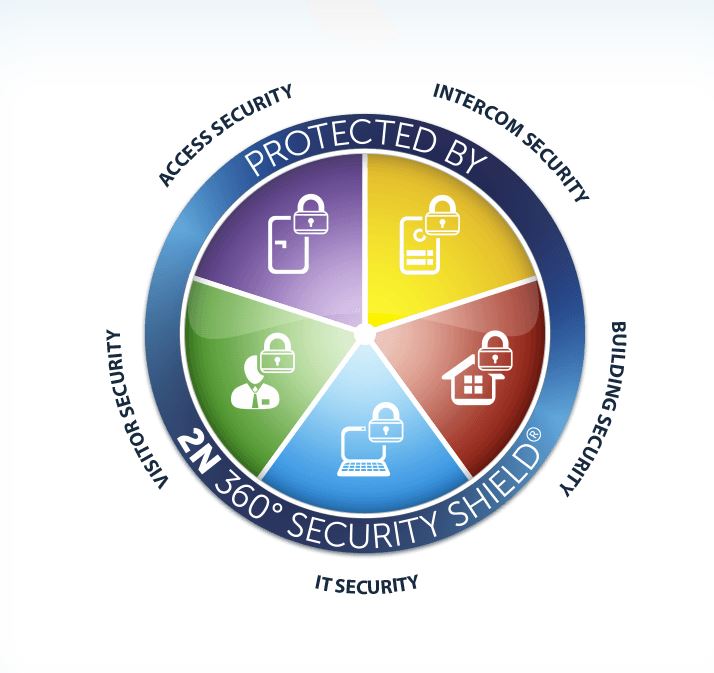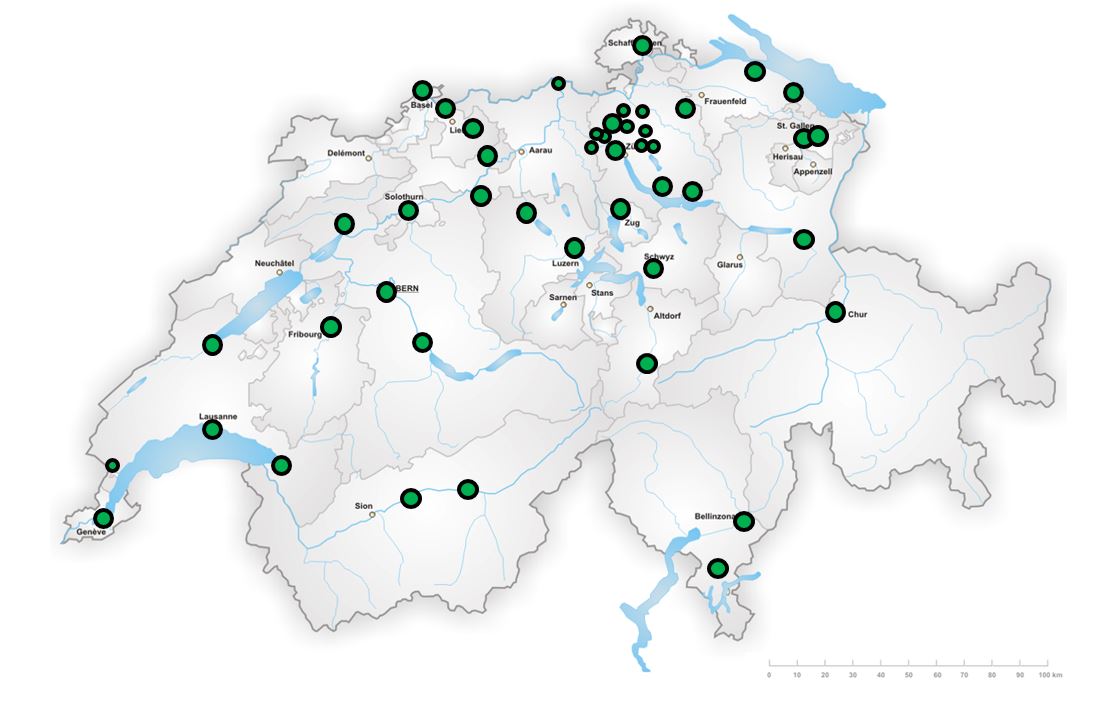More efficiency in the office - for the European Football Championship!
The European Football Championship starts tomorrow Friday. Some games start as early as 3 p.m. - in the middle of the afternoon. 10 tips on how you can work more efficiently and finish work earlier. So that you have more time to watch the European Football Championship matches - or can use the free time gained for other things.

10 tips for more productive work
1. organize your tasks and your working day. Pay attention to your performance curve when planning your day: morning people, for example, are most productive early in the morning and should therefore complete important tasks then. They use the performance slump after midday for routine tasks.
2. use Slack to communicate with your colleagues to exchange text messages, files and links. This avoids internal emails with long CC distribution lists. The advantage: you save time and nerves.
3. work with web-based services from the cloud, such as Dropbox for documents or bexio for administration in small businesses. This means you can access your data anywhere and at any time: whether at home in front of the TV, on the move with your smartphone or in the office with your laptop.
4 For example, does your telephone provider send you separate bills for your cell phone, Internet and landline? Talk to the biller and ask for a collective bill. This will save you time as you only have to pay and file one bill.
5 For managers: Motivate your team. Give each individual personal responsibility, regular feedback and public recognition. Young entrepreneur and bexio co-founder Jeremias Meier also knows this: "Only motivated employees are efficient employees!"
6. plan your tasks and projects with the free online software from Trello. You can easily record work and goals and assign them to each other in the team. This allows you to work efficiently with your colleagues. And because you spend less time coordinating with your team, you have more time for a round of football together.
7. home office: Work from home too - if possible. This not only saves you the commute to work, but a different working environment ensures creativity, more productive work and a better work-life balance. Give it a try!
8. thanks to Slack (tip 2) you have fewer emails. For those that remain: Most of them do not need to be answered immediately. It's best to plan three fixed times when you read and answer emails. The rest of the time, you will be undisturbed, more focused and more productive.
9 Ideal for small businesses and the self-employed: Send invoices by e-mail. The recipient can pay directly online. This helps both sides: More convenience for your customers and you get paid faster.
10. don't reinvent the wheel for every letter or email, but use text modules for all documents. This will save you time every time and also avoid annoying typos.
Source: bexio.com

















